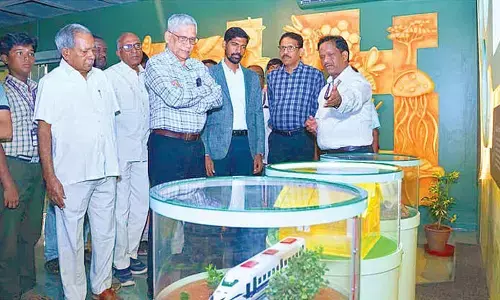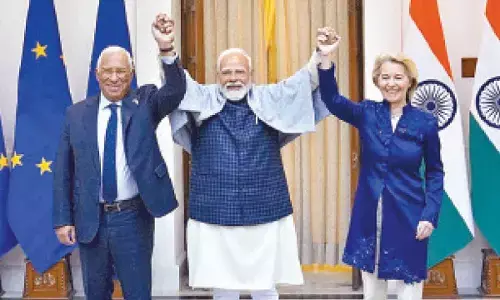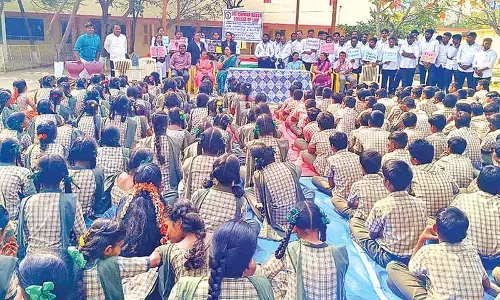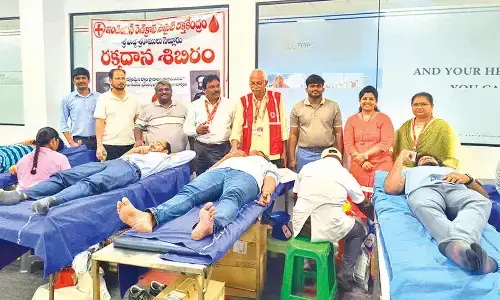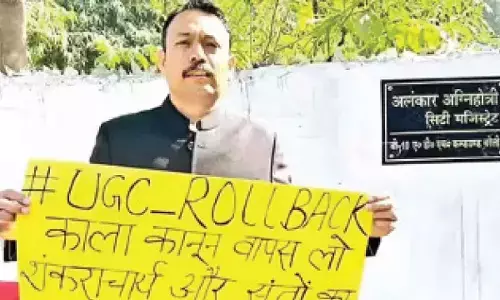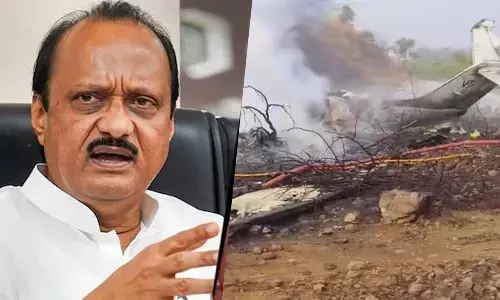Sabka Saath, Sabka Vikas should be the yardstick for second year celebrations of Modi Government
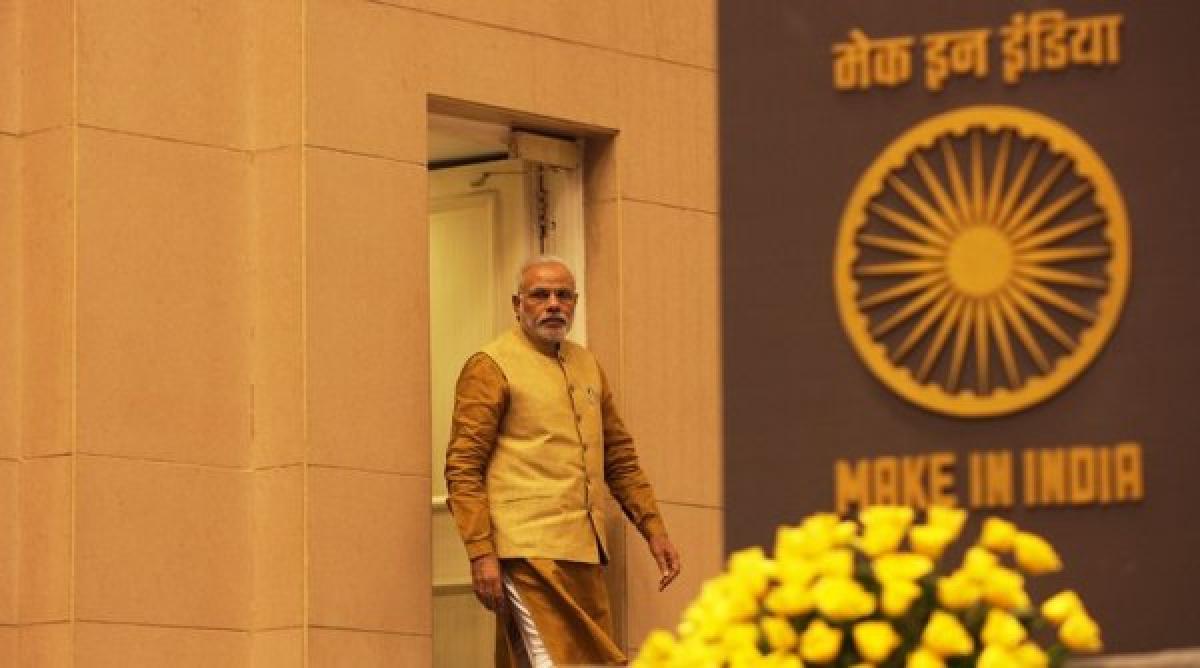
Two years is too early to celebrate successes or achievements or, even more, to call initiatives as failures of a Government.
Two years is too early to celebrate successes or achievements or, even more, to call initiatives as failures of a Government. But, yes, at the end of two years, Modi Government should have insights for speeding up the process of "Sabka Saath, Sabka Vikas", a meaningful slogan that Modi had come up at the very outset of his campaign in 2014. For, that slogan reflects good governance idea aptly and implies “inclusive governance”. Any appraisal of two years has to be on this guiding sentiment or objective.
A more urgent need to talk about today than mere physical achievements is the mind set of people of the country to think big and beyond a year to year basis. Modi’s contribution during two years in this regard is far more significant than the difference this Government made in performance pertaining to common people. Modi scaled up everything in India with his several ideas, including aspirations and expectations of people. But this hype about “successes” does not give the impression that government is gearing up for beyond year to year or even for beyond five year challenges. The way the celebrations are scheduled country wide gives the impression that the Government is more anxious to make people believe that "achha din" have come when that is not possible for any Government in a two year time frame.
What is more pertinent is lessons that have been drawn from the two year rule and what insights are being put together for new initiatives and correctives for the coming years? So that it is not an euphoria but making a difference in lives and living conditions of people. Narendra Modi is credited as a master strategist in image building. Yet, certain perceptions about him (“he is more of globe trotter”, “a poll-bound leader”, “his policies are pro-industry”, “he is an event manager”, etc) are emerging at micro level, as reflected in a more recent CMS study. A shift in such perceptions should be possible. One definite way is with bottom up movements to sustain key schemes and initiatives. More is not merrier without a media strategy, content credibility, sync with ground realities, and linkage with grassroots political cadres. Controversies over shadow real issues and also initiatives otherwise of Government. NDA Ministers should not ignore this fact.
Despite high presence in news media and social media, connectivity or sensitivity to initiatives has not increased commensurately. Special and credible efforts could be put in to further delivery of government services, including flagship programs as to how, where and when aspects than mere event-centric publicity. Four specific efforts are relevant in this regard: taking “social audits” truly in an independent way with non political elements; reminding the “Rights Regime”; using digital technology; and ensuring service delivery. That MNREGS and Aadhaar of previous government could be adopted, why not RTI, RTE, RTF, RTH, etc. in such a way that civil society could be involved. Services Delivery Guarantee Act which most states have taken has good potential to link up. Technology, digitalization more specifically, offers now new opportunities, which Modi himself has demonstrated. With broadband connectivity fast increasing in the country, caution is required to sensitive elements like centralization, command and control aspects. The process of citizen taking to ICT need to be expedited by imparting skills on a massive scale.
Being sensitive and responsive to stakeholders promptly and proactively, without losing track to a larger perspective, as demonstrated by Suresh Prabhu, Piyush Goyal or Sushma Swaraj, has insights for other Ministries and public services. They can perform without alienating or provoking those whose cooperation matters and their engagement is decisive for the success of any government initiative. That is when governance could become “good governance”.
If “Vikas Parv” being celebrated, signals end of an era, then what are the signals for the beginning of a new era of “good governance”? For, Prime Minister had also promised “maximum governance and minimum government”!
Dr N Bhaskara Rao









